Have You Heard Your Name in an Irish Accent?
Did you realise the difference a local Irish accent can make to the spelling of your surname? One of the harder parts of tracing the origins of your surname in Ireland are the different regional variations that it may have. In this letter, we will use one surname as an example of the way in which a name can evolve to have different spellings and pronunciations, but the same history.
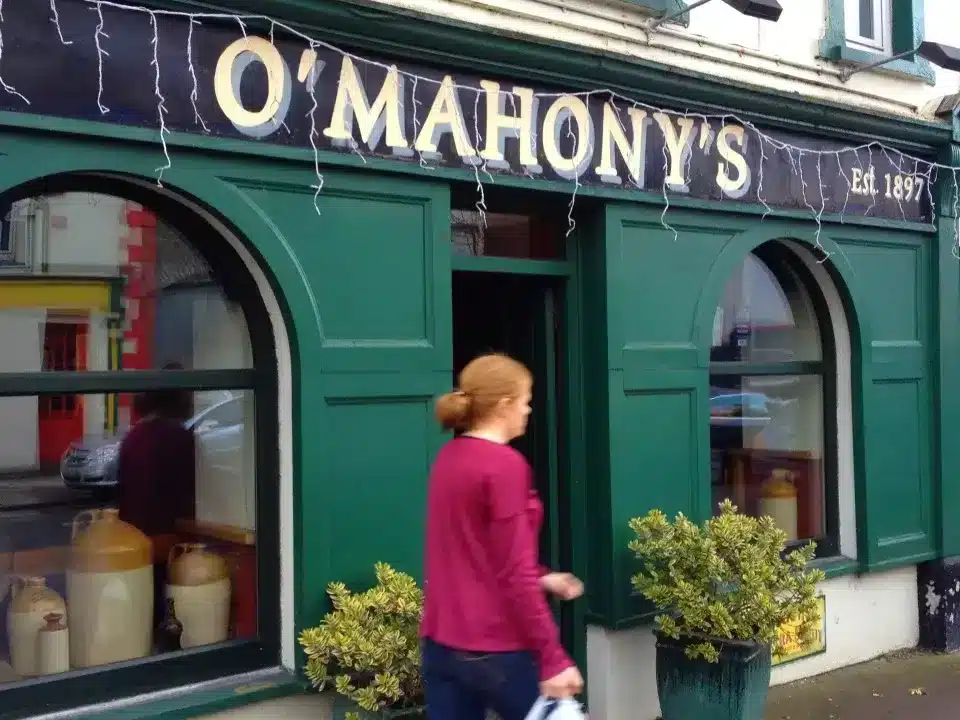
Do you have a “strong accent”? How about the people around you? This morning we take a look at a request from one of our readers – and then consider the Irish accent.
I received the following request some time ago from one of our Green Room members:
“I have been receiving your “Letter From Ireland” for a few months & wonder if you can tell me anything about the name “Nilan” in terms of county of origin and what would be the best way to proceed with finding more information on my ancestors.
I lost my parents & siblings when I was younger so no way to trace through relatives…I’ve looked around on your blog in the various topics but I can’t seem to find anything that would help me in my search. Thank you so much for your time”
Mary Nilan.
No problem at all Mary! However, for the benefit of all of our readers, we’ll widen the answer out to cover a few extra topics – topics that come up frequently as we look at our Irish Ancestry.
You see, Nilan is one of those surnames that has a LOT of variations. This can make it quite confusing as you delve deeper into your familys past. Do you have a surname like that?
Nilan comes from the Irish “Ó Nialláin” – which is derived from the Irish first name “Niall”. It literally means “descendant of the son of Niall”. However, that was the original Irish.
Over the years English became more prevalent across the island of Ireland, and most of our names were “anglicised”. This “anglicisation” took place from the late 17th century onwards, and by that time “Ó Nialláin” was found in a number of parts of the country. Much of the “anglicising” of Irish names was done phonetically – and depending where it was found, this depended on regional accents and other influences. We’ll come back to these variations and accents in a moment.
The source of the “Ó Nialláin” family name was from around the town of Ennis in the modern County Clare. They were part of the Dal gCais tribe who came to prominence in Ireland in the 900s. The first mention of the surname was in 1093 AD (Irish surnames were introduced much earlier that most other countries) – and was for one Phelim Ó Nialláin.
So Mary, that’s your first-mentioned ancestor there!
The Ó Nialláins were a prominent family in that part of Clare over the following 700 years – and family members became Bishops of Kilfenora and Kildare, as well as extensive landholders. However, from the late 1600s onwards, life was changing drastically for Irish aristocratic families who chose to remain Roman Catholic. Families such as the Ó Nialláins.
At that point, the family were known in English as the O’Neylans. Many of the sons of the more prominent families went to Europe as “Wild Geese” to fight in the Austrian army of the time. Those who remained in Ireland mostly became landless tenants and wandering labourers – often forced north and west into the poorer lands of north Clare, Galway and Mayo.
When an Irish Surname Meets an Irish Accent.
The phonetic translation of the Irish surname “Ó Nialláin” into O’Neylan (pronounced Nail-ann) gives you an idea of the County Clare accent of the day. As the name travelled north into south County Galway, it became anglicised as “Nilan” and “Nylan” (pronounce “Nigh-lann”) reflecting the County Galway accent. Even further north, in County Mayo – the name received a “d” at the end – and it became “Niland” and “Nyland” (they are very particular in Mayo!).
So, you could say that Mary Nilans surname came about as a particular Irish family fell into hard times – and was anglicised by the varied regional accents of the west of Ireland. As Mary’s ancestors received the “Nilan” name, this most likely happened as they lived in south Galway (around Kinvara) at the time the name became anglicised.
But, for all the variations of the name – Nilans, Neylans, Nylands, Nealons and so on – all of their Marys would still be written as “Máire Ní Nialláin” in the original tongue of her Irish ancestors.
Just said differently!
How about you? Do you have one of these Irish names that seem to have “57 varieties”?
Slán for now,
Mike and Carina.

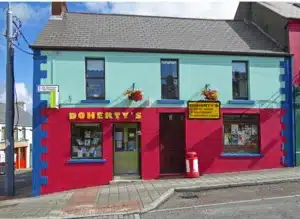
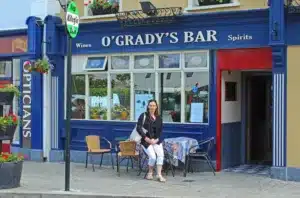
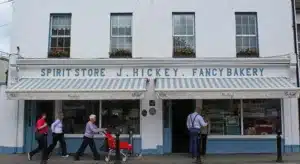
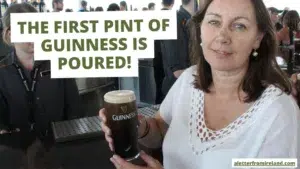
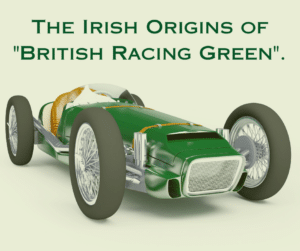

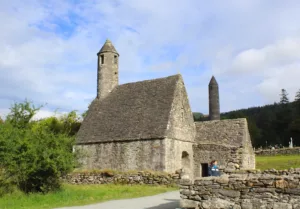
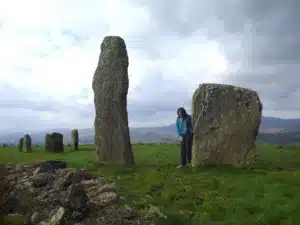
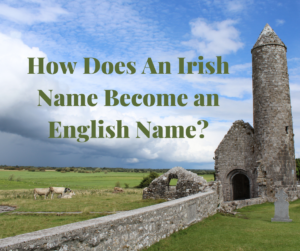
Only Plus Members can comment - Join Now
If you already have an account sign in here.